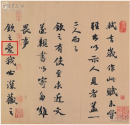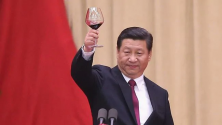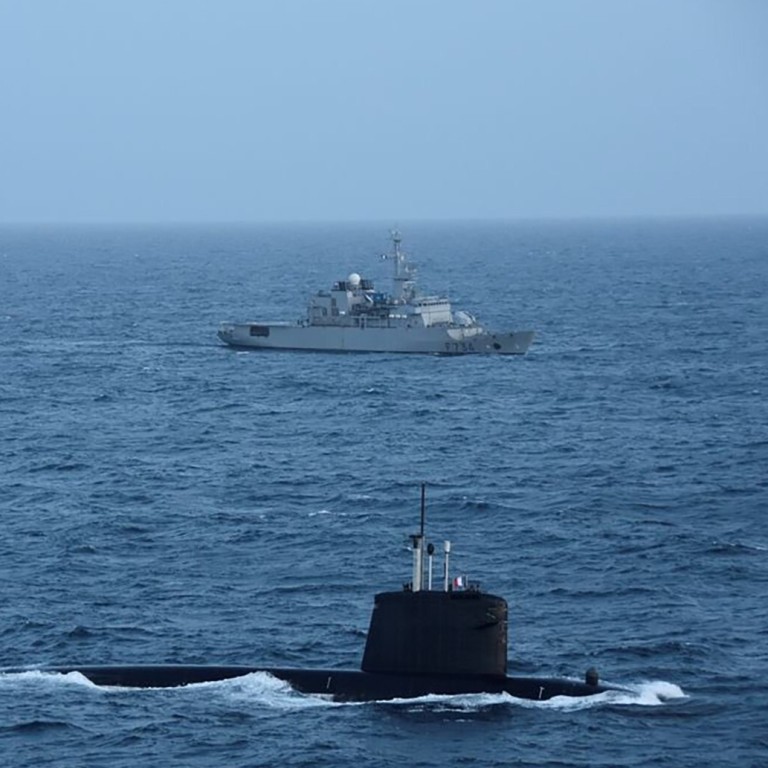The simplified character for "love" replaces the "heart" with "friendship" instead. If you ask me that's a stroke of genius. They managed to achieve three goals at once: decrease the stroke count, maintain the overall shape of the character and still retain the semantic component of the character despite substitution by reusing half of the traditional character's strokes to form the "friendship".Small historical footnote. The term 国语 was actually a committee effort to created a common tongue for China like Esperanto during the Republican era. Unfortunately, by trying to be inclusive of all the major dialects including Hakka, not even the linguists themselves can master the resulting Frankenstein'ish pronounciations let along the 90+% illiterate population. They gave up and after the Northern Expedition, the Luanping/Beijing dialect was adopted as noted. Twenty years later, after the Civil War, The commies retained the same and took what the Soviets did, changed a few things (e.g. replacing double-letters with single letters like Q and X), and called it Pinyin. Some linguists (maybe the children of the original group) wanted to replace Chinese written characters with Pinyin romanizations to ease the learning for the 90+% illiterate population (not much social progress between 1910 and 1950). Thank god they didn't succeed but they settled on Simplified characters. The Koreans succeeded in coming up with a completely phonetic language but they still retained Chinese character-based names.
I wish China will go back to the Traditional character set eventually. With illiteracy eradicated and assistive technologies like keyboards and speech recognition, character complexity is no longer an issue. The traditional character for 'LOVE' embeds a HEART character. The commies removed the HEART. Inexcusable and unforgivable.
View attachment 68602
I would also note that simplification was an initiative that began under KMT prior to 1949. CPC continued it once PRC was formed yet at the same time KMT abandoned the idea and reversed their own progress after retreating to Taiwan just so they could be different from the mainland.
Thankfully simplified character is in fact starting to catch on in Taiwan's youth due to pop media channels like 小红书, much to DPP's annoyance.
Last edited:



